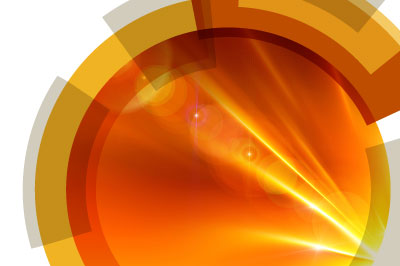The Royal Society of Chemistry (RSC) is committed to connecting the world of science to advance chemical knowledge for a better future. One of our aims is to support and nurture the careers of our members and chemists around the world.
This year, we are delighted to announce a new initiative designed for early career researchers in China – the 1st RSC Emerging Investigator Forum. This will be held in Beijing in November 2019 on the topic of energy catalysis.
The RSC Emerging investigator Forum will take place over the course of two days and comprise of six scientific sessions and one publishing workshop. The forum is designed to encourage active debates and discussions within the cutting-edge research field of energy catalysis and will encompass the following sub-topics:
Each scientific session will include keynote and invited speakers. The talks will be followed by round-table discussions that will enable all delegates to have an opportunity to express their views in a collaborative and collegial environment as well as to share views on long term development and challenges in energy catalysis.
Participation in this event is by invitation only and will be restricted to 50 early career researchers within ten years of beginning their independent research career.
If you wish to be part of this exciting opportunity to develop your network and contribute to the discussions, please submit your CV (your CV should include your education background, research area and achievements) through the online submission portal. All submissions will be evaluated and you will be notified of the outcome in late September. Please note all submissions will be treated in the strictest confidence.
Update on 5 September 2019: Due to a very high number of submissions and the limited space of our venue, we are unable to consider any new submissions submitted on 5 September or after. We sincerely thank your strong interest and support, and we will organise similar events in the near future to better support our community including early- and mid-career researchers.
This year, we are delighted to announce a new initiative designed for early career researchers in China – the 1st RSC Emerging Investigator Forum. This will be held in Beijing in November 2019 on the topic of energy catalysis.
The RSC Emerging investigator Forum will take place over the course of two days and comprise of six scientific sessions and one publishing workshop. The forum is designed to encourage active debates and discussions within the cutting-edge research field of energy catalysis and will encompass the following sub-topics:
- Fuel cell electrocatalysis
- Water splitting electrocatalysis
- Hydrogen/oxygen/advanced photocatalysis
- CO2 electrocatalysis/photocatalysis
- Single-atom catalysis
- Theoretical and computational studies of catalysis
Each scientific session will include keynote and invited speakers. The talks will be followed by round-table discussions that will enable all delegates to have an opportunity to express their views in a collaborative and collegial environment as well as to share views on long term development and challenges in energy catalysis.
Participation in this event is by invitation only and will be restricted to 50 early career researchers within ten years of beginning their independent research career.
If you wish to be part of this exciting opportunity to develop your network and contribute to the discussions, please submit your CV (your CV should include your education background, research area and achievements) through the online submission portal. All submissions will be evaluated and you will be notified of the outcome in late September. Please note all submissions will be treated in the strictest confidence.
Update on 5 September 2019: Due to a very high number of submissions and the limited space of our venue, we are unable to consider any new submissions submitted on 5 September or after. We sincerely thank your strong interest and support, and we will organise similar events in the near future to better support our community including early- and mid-career researchers.










